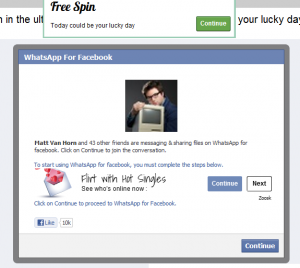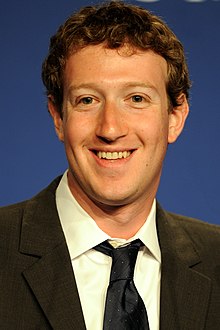The following is a letter of thanks and insights for Shay.
Hi Shai,
We have met a few times before, including several times when I heard your pitch about
BetterPlace. Each time I heard it I was more and more convinced that you would change the world.

You did. You changed how the auto industry thinks by simply showing there is a feasible alternative, that transportation costs can be digitized to 0s and 1s, and that you can build a
SaaS model for fuel which will be much cheaper.
What you started has generated a chain effect that will cause most car manufacturers to release plug-in hybrid cars within the next 12 months. I am inspired by how you not only raised almost $1 billion to pursue this vision, but also by how you managed to harness governments and auto manufacturers to follow suit. In 2011, US President Obama declared in his State of the Union address that “with more research and incentives, [the US] can break our dependence on oil with biofuels, and become the
first country to have a million electric vehicles on the road by 2015.” Earlier this month, the
US Department of Energy announced a $5 billion budget this year to expand the use of alternative fuel and electric vehicles.
Your vision is nearly realized: BetterPlace is rousing major change, and you are playing a role in reducing the horrible dependency in oil. However, I think the current model will not be financially sustainable in a near future with hybrid cars capable of charging at home.
The major challenges I see are the huge infrastructure costs required in the BetterPlace model, based on local battery replacement locations and special charging areas. While you will already have the foundations in place, once car manufacturers release
better hybrid cars (which you can charge in your home), it will be hard to compete with the existing infrastructure: gas stations and home electricity. A model including office and parking lot chargers will probably arise as well.
I’d like to share two additional business models for BetterPlace with you:
Firstly, to complement the influx of plug-in electric cars produced by major manufacturers, I recommend building a BetterPlace charger available for parking garage owners to buy or lease, turning every garage into a gas station. Electric car drivers could charge their batteries on-the-go in parking garages around the world with this new charger machine, using a BetterPlace mobile application for payment. This is a great opportunity to take advantage of the new mainstream electric car business model. You could offer the chargers at a low cost, to sell as many as possible and build a huge network of BetterPlace parking-space charging docks, creating a global presence. The payment scheme could be a 50% pay-per-usage revenue share to garages, or even less. You can even create a financing model to enable garage owners to get paid today for the lease of the charger by connecting them directly to investors who want simple investment opportunities.

Your alternative transportation model has another application altogether:
take it to the sky! Airplanes have discrete places to land and fixed routes. The infrastructure challenge faced with the electric car model could actually be much easier to manage with a network of air crafts
. Replace the batteries in each airport, and the beauty is you need only one airline to make it happen. The technology in this case is likely more protected and less competitive: develop a hybrid model for airplanes, build and patent it, and sell it to aircraft or engine manufacturers. I understand that developing this technology is not trivial, and
Boeing is currently working to develop a hybrid electric aircraft, however the market landscape is opportune for the BetterPlace model. Many small budget airlines doing short, popular routes makes for a much simpler electric configuration than that of cars.
While I understand that the chance of this letter in making a difference is similar to writing science fiction, sometimes sharing imagination can inspire.
Imagination is more important than knowledge. For knowledge is limited to all we now know and understand, while imagination embraces the entire world, and all there ever will be to know and understand. Albert Einstein
Best of luck,
Yoni Assia
Inspired to change the world



 acebook IPO was the most hyped IPO in recent history, allowing for a
acebook IPO was the most hyped IPO in recent history, allowing for a 
